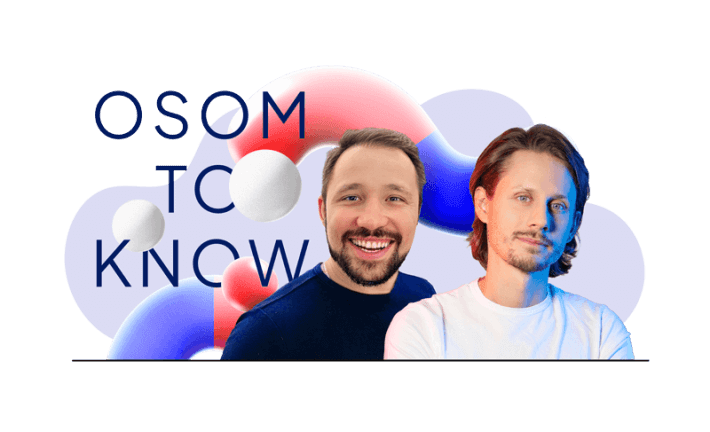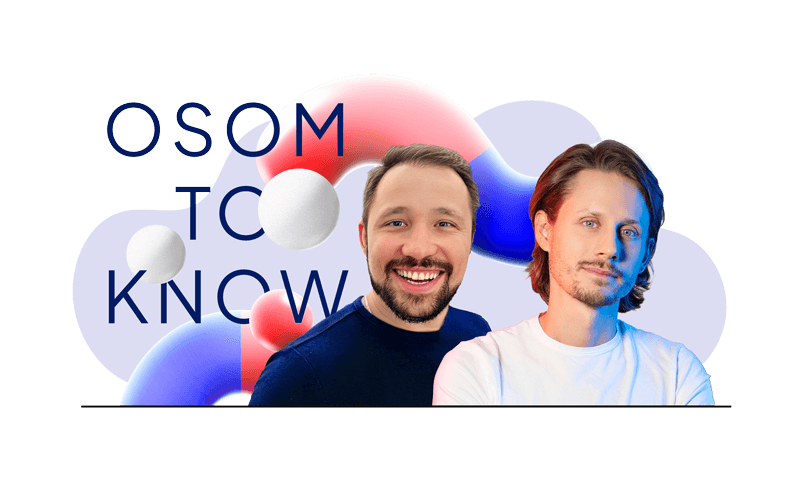
Tech-Driven Growth and AI Progress – Sustainable Business Strategies – interview with John Rush
How do you scale sustainably in a tech-saturated world? That’s the central question we tackled in our recent conversation with John Rush, a startup advisor, and sustainable tech advocate. We explore the essentials of business competition, the evolving landscape of B2B and B2C incentives, and the challenges and opportunities presented by AI integration. We also discuss the dynamics of niche tools in the tech world, the concept of building in public, and John’s future plan known as the “village project” for indie creators.
The conversation tackled today’s most pressing challenges for founders: aligning innovation with impact, scaling without burnout, and building lean yet resilient teams. From ethical AI adoption to frictionless product-market fit, we explored the real drivers behind sustainable success in tech-driven businesses
John Rush is a founder, product designer, and startup mentor with deep roots in both the Nordic tech ecosystem and international advisory roles. Known for applying lean, sustainable principles to fast-growing ventures, he brings a strong emphasis on real-world utility, ethical design, and team autonomy. His background blends hands-on product strategy, community-driven growth, and early-stage investment insight – making him a rare voice who speaks fluently across operations, design, and vision. Whether mentoring emerging founders or scaling digital ventures, John’s mission is clear: use technology as a force for meaningful, measurable progress.
In this wide-ranging discussion, we covered:
- How to build teams that don’t burn out
- What “organic” growth actually looks like in a VC-heavy ecosystem
- Why trust-first branding beats growth hacks every time
- The real role of AI in lean startup environments
Sustainable Growth Starts With Culture, Not Capital
Rush pushes back against the VC narrative that speed is everything. In his view, sustainability is a design decision — not a constraint. Startups too often chase scale at the expense of soul.
You can fund a problem before you’ve solved it. That’s where things go wrong.
He advocates for building smaller, tighter teams that understand the business deeply, align around user needs, and iterate within real-world constraints. This creates not just financial efficiency, but cultural resilience.
AI Isn’t a Shortcut – It’s a Capability Layer
Rather than treating AI as a silver bullet, John frames it as an operational upgrade. Think: augmentation, not automation. Especially in smaller companies, AI should be deployed to reduce cognitive load, not replace human insight.
Use AI to give people superpowers, not make them redundant.
He’s particularly excited about AI’s role in tasks like user testing, onboarding automation, and product iteration – where it can collapse feedback loops without compromising vision.
Organic Growth Isn’t Magic — It’s Momentum
Too many founders confuse viral traction with real product-market fit. Rush argues that what we call “organic growth” is usually the result of systematic trust-building: consistent value delivery, fast iteration, and solving the right problem from day one.
If users tell you what’s wrong, and you fix it fast — that’s the marketing loop.
In other words: the best growth strategy is product intimacy. Stay close to your users, and let word-of-mouth do the heavy lifting.
Frugality Fuels Focus
John returns often to the idea that constraints create clarity. He views capital efficiency not as a survival tactic, but a strategic advantage. Lean teams move faster. Fewer features mean sharper UX. Limited spend forces ruthless prioritization.
Too much money too early is a distraction. Scarcity sharpens your signal.
He encourages founders to treat frugality as a feature – one that creates a product culture obsessed with value, not vanity.
Tech with Purpose Builds Durable Brands
The final thread woven through the conversation? Purpose. For Rush, the most enduring companies are the ones that operate with clarity – not just on what they build, but why they’re building it. This alignment filters into hiring, product design, even go-to-market strategy. When you know your “why,” it shows – and users feel it.
Tech should earn its place in people’s lives.
This sense of purpose isn’t just good branding – it’s what keeps teams motivated and users loyal. When intention drives execution, growth becomes sustainable.

Full Conversation with John Rush
Want to hear the full conversation with John Rush? Check out the latest Osom to Know podcast.
You can also watch us on YouTube – don’t forget to hit subscribe! 📩
And if you’re planning a new store or need to rethink your current stack, reach out – we build performance into every sprint.
